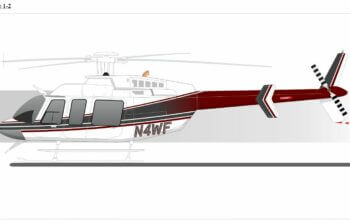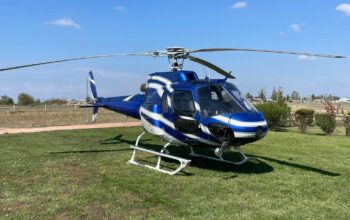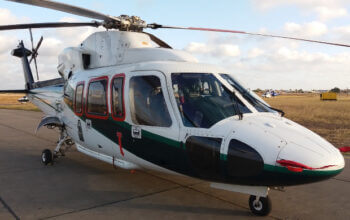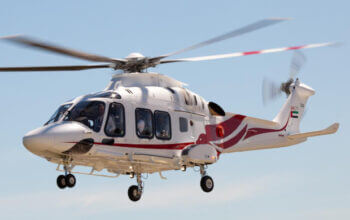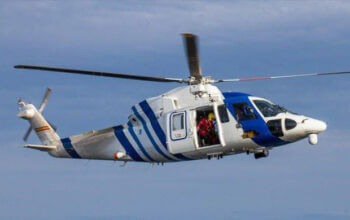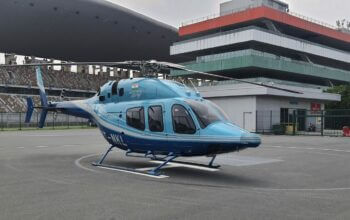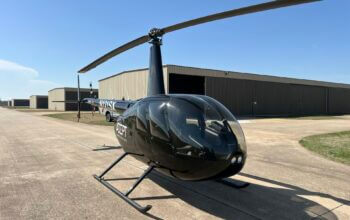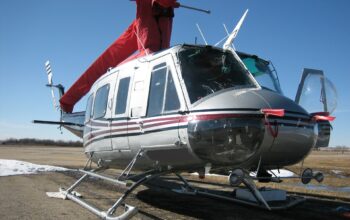Estimated reading time 3 minutes, 32 seconds.
The National Research Council of Canada (NRC) recently flew its very own hybrid-electric Cessna, sporting one of the world’s highest-voltage electric propulsion systems commissioned on an aircraft to date.
Aviation is currently responsible for 3.5% net impact on global warming and could more than double over the next 30 years if no action is taken. With the 5th largest aviation industry in the world, Canada is flying towards the decarbonization of this sector to meet its net-zero emission targets by 2050.
Rising to the challenge, the NRC’s multi-disciplinary team of engineers, technicians and test pilots have pooled their talents and expertise to replace the rear engine of a Cessna 337 Skymaster with a fully electric propulsion system that includes an electric motor, battery and supporting systems. They successfully flew it for the first time in early February, with a 5-minute circuit!
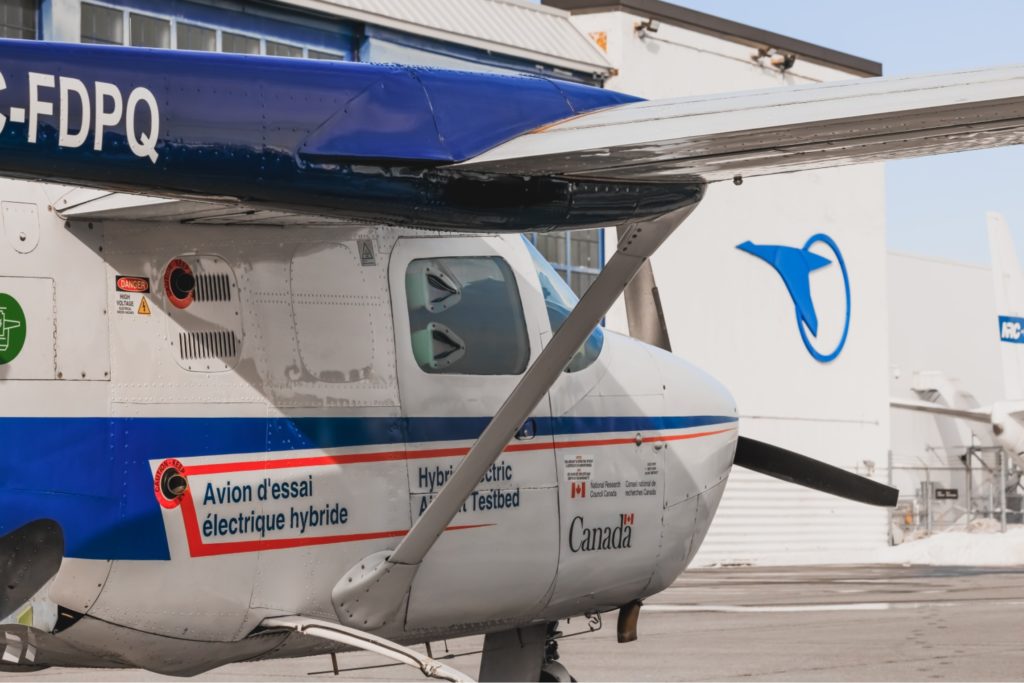
On the 5th flight test, the plane was in the air for 32 minutes.
Although both hydrogen and battery technology are being rapidly deployed in the automotive industry, there are many challenges to consider when it comes to implementing these green technologies in planes. Weight, energy density, temperature, vibration, and pressure are just a few elements of an aircraft’s environment that must be considered to safely transition this technology from ground to air. One key ingredient for electric aviation is operating at high voltages in order to minimize cable weights especially as we transition to larger aircraft with megawatt scale propulsion systems. However, operating at such high voltages is unchartered territory for aviation and the safety risks need to be fully understood.
The Hybrid Electric Aircraft Testbed (HEAT) project is a technical challenge that our team took on to develop the know-how to help the Canadian aerospace industry design, test and validate their own electric propulsion systems. The knowledge acquired and data gathered are also being shared with Transport Canada, a partner in this project, to help inform certification criteria for future electric and hybrid aircraft.
This project is part of the NRC’s Aerospace Research Centre’s Low Emission Aviation Program. The Program is looking at novel aircraft design and configurations, as well as electrification and hydrogen-powered technologies as a way of building strong foundations to help decarbonize the aviation industry.
This press release was prepared and distributed by the NRC
